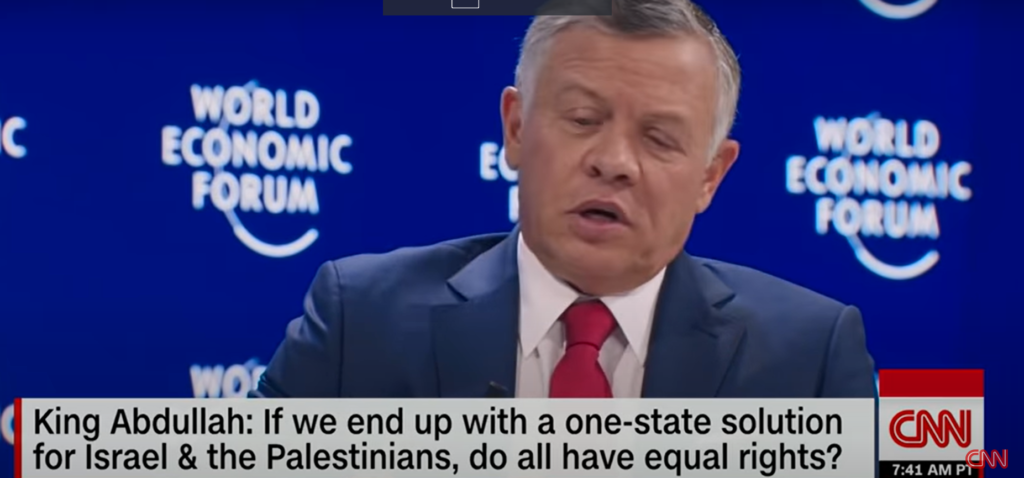The American and regional fear of serious acts of violence and terrorism during the month of Ramadan led to the initiative to convene a meeting with the participation of the parties concerned to discuss ways to prevent it.
Jordan agreed to host the meeting in the city of Aqaba with the participation of representatives of the US, the Palestinian Authority, Egypt, Jordan and Israel.
A senior official in the Palestinian Authority stated that Palestinian Authority Chairman Mahmoud Abbas decided that senior representatives of the Palestinian Authority would attend the meeting despite the IDF operation in the city of Nablus in which 11 Palestinians were killed, some of them armed terrorists from the terrorist group Lions Den.
The meeting in Aqaba will include several topics, the most important of which is the signing of the understandings reached between the Palestinian Authority and Israel on stopping the expansion of settlements for a few months in exchange for the postponement of the discussion in the UN Security Council on the expansion of Israeli settlements, a discussion that could have resulted in a resolution condemning Israel.
The Palestinian delegation to the Aqaba meeting will include Hussein al-Sheikh, the secretary general of the PLO’s executive committee, Majed Faraj, the head of general intelligence, and Majdi Khaldi, the economic adviser to the PA chairman.
The Israeli delegation will include Tzachi Hanegbi the national security adviser and the head of the Sin Bet Ronen Bar.
Senior PA officials confirm that PA chairman Mahmoud Abbas has agreed to accept the American security plan formulated by General Mike Fenzel for the war against terrorism in the northern West Bank, the restoration of PA security control in Nablus and Jenin, and the renewal of security coordination with Israel.
From the beginning of the year until today, 63 Palestinians have been killed in the West Bank by Israeli security forces, therefore, the Palestinian Authority’s participation in the Aqaba meeting arouses great anger among the Palestinian factions who oppose the meeting and demand revenge in Israel and also strongly reject the Israeli-Palestinian understandings for postponing the discussion in the Security Council on the expansion of the settlements.
Senior officials in the PA say that Mahmoud Abbas agreed to the participation of PA representatives in the Aqaba meeting in order to strengthen the PA’s rule economically and from a security point of view, he fears the collapse of his rule and the expansion of the control of the armed groups from the northern West Bank to the rest of the West Bank.
In addition to this, Mahmoud Abbas aims, through the Palestinian participation in the meeting, to bring an end to the activity of IDF forces in Area A in the West Bank for the purpose of arresting wanted terrorists.
A senior Palestinian official said that the Palestinians will make the following demands at the Aqaba meeting.
A. Recruiting ten thousand new security personnel for the PA security forces.
B. Training five thousand existing security personnel.
C. Bringing in weapons and equipment for the PA’s security forces.
D. The establishment of a joint Israeli-American-Palestinian force to prevent large IDF forces from carrying out arrest operations without coordination with the Palestinian Authority.
E. A joint war by the PA, Israel and the US against incitement on social networks that comes from the Gaza Strip and abroad.
F. Cessation of all settlement activity in the West Bank.
G. Renewal of the political negotiations between Israel and the Palestinian Authority.
The US wants the PA’s clear agreement to General Mike Fenzel’s security plan, the Hamas and Islamic Jihad organizations will try to do everything to torpedo the agreements that will be reached at the Aqaba meeting, Israel is playing the game but senior political figures in Jerusalem show great skepticism about its chances of success.




